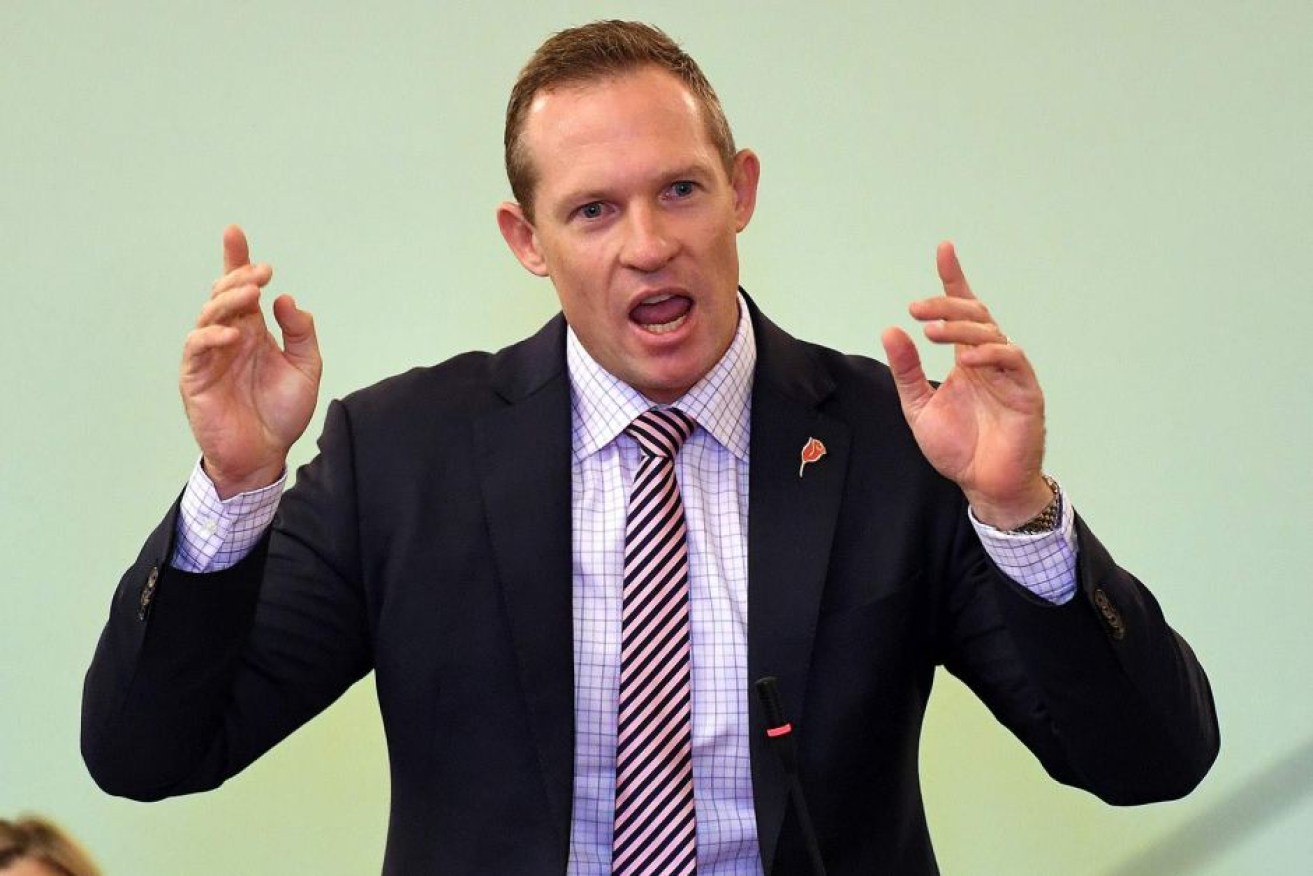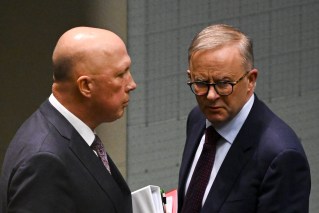Queensland backs renewables as the best response to energy crisis
The Palaszczuk Government will go into Wednesday’s meeting of energy ministers backing renewables as the only way out of the crisis hitting the sector.


Queensland Energy Minister Mick de Brenni
While many in the industry and the Federal Resources Minister Madeleine King believed the short-term fix for the embattled sector was to bring coal-fired power units back on line, like the damaged Callide C generator, Queensland Energy Minister Mick de Brenni said renewables were the cheapest way out of the longer term crisis.
He will also meet this morning with the industry and environmentalists to get their views on the way out of crisis, which has led to skyrocketing energy prices.
The Minister said he would convene the Queensland Ministerial Energy Council, which was formed last year to get feedback from community groups, unions, industry and other stakeholders.
He said renewables “were the cheapest method of resolving the impacts of the global market and when matched with local manufacturing, could deliver Australia much-needed energy independence”.
“While all options are on the table for consideration at the Energy Ministers Meeting, Queensland would continue to promote policy responses that supported our record of delivering new, cheaper and cleaner generation into the market,” de Brenni said.
“The formula we are following to keep. downward pressure on the power prices focuses on connecting more renewables and back-up storage to our grid.”
He said another 10 solar farms, five wind farms and three large scale batteries would come on line in two years. He anticipated that by the end of 2024 1700 megawatts of wind energy, 1363 megawatts of solar and at least 300 megawatts of storage would be operating in the Queensland market.
Chris Bowen, who has taken on the energy portfolio in the new Albanese government, will convene a videolink roundtable with his state and territory counterparts on Wednesday as east coast gas prices surge.
A broad coalition of peak bodies, including those representing the nation’s farmers and energy sectors as well as social advocacy groups, want low-income households to receive priority financial support as they call for a balanced response.
“Without urgent action, this winter will be a difficult one for energy users and the next few years may not be much easier,” the joint statement reads.
Accelerating Australia’s transition to clean energy in a fair way will deliver relief but ultimately won’t be fast enough to deal with the current crisis, they say.
The group warns high international prices for coal and gas will remain for years and says working together will offer the best chance of driving them down.
“No one player holds all the powers, resources and information to resolve this crisis,” the statement reads.
Treasurer Jim Chalmers is awaiting advice from the competition watchdog on the role and impact of coal-fired power plant shutdowns on energy prices and what regulations could be used.
But he said a key reason for the talks with state and territory ministers was “a lot of the powers (over the energy sector) exist at the state level”.
He admitted a range of factors from the Ukraine war to east coast floods had led to a “perfect storm” impacting the energy sector.












